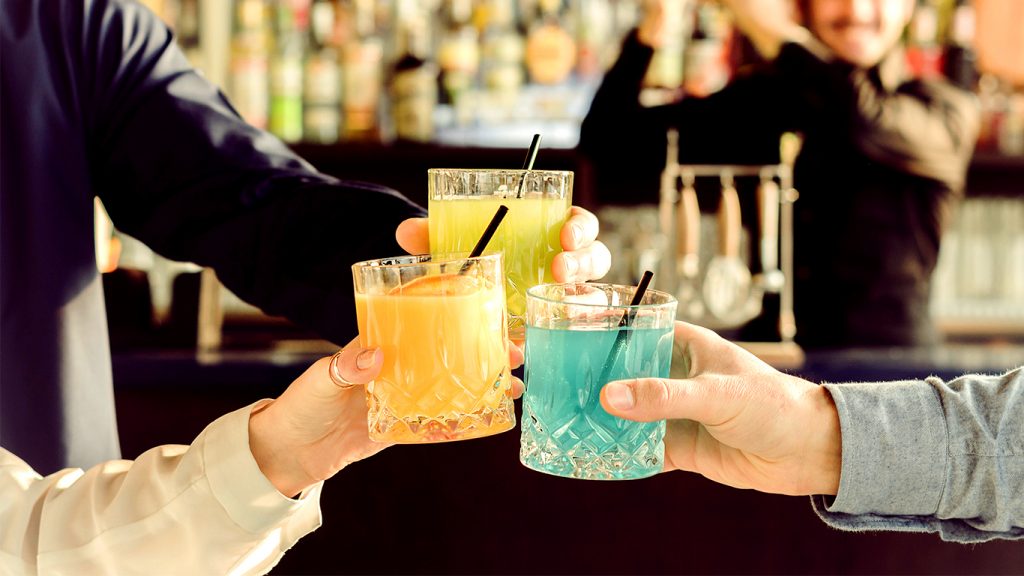
Over the last few years in America and in other developed nations around the world, a new drinking trend has caught on – mixing alcohol and caffeine. Steady increases in the energy drink market have intersected with the bar scene to create a host of new, flavorful cocktails that mask inebriation and keep drinkers wide awake for hours on end. The problem is that several studies have determined that mixing alcohol and energy drinks is extremely dangerous.
Why Adolescents and Young Adults Are Particularly at Risk
The energy drink market has exploded over the last decade. From 2008-2012, the sector grew 60 percent, topping $12.5 billion in total sales in 2012. The number of adults drinking energy drinks rose from 13 percent in 2006 to 17 percent in 2012. Names like Red Bull, Monster Energy, 5-Hour Energy and Rockstar Energy have enjoyed amazing growth in the 21st century. It won’t be slowing down anytime soon either, as experts predict sales of energy drinks to top $21.5 billion by the end of 2017.[1]
But the largest consumer of energy drinks are young adults and teenagers. The Centers for Disease Control and Prevention (CDC) reported that 31 percent of 12-to-17-year-olds and 34 percent of 18-to-24-year-olds regularly consume energy drinks.[2] It stands to reason, because much of the marketing for energy drinks is geared toward a younger crowd. When you combine this with the common youthful inclination to binge drink, it makes for a highly unhealthy combination.
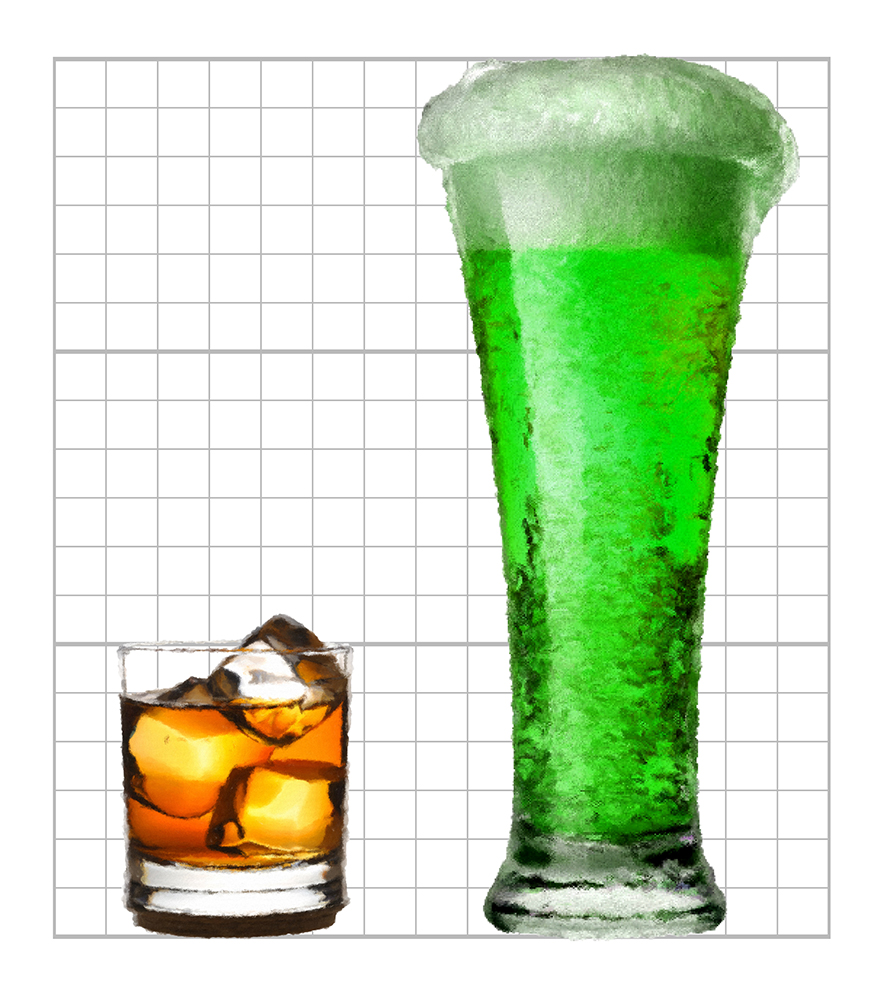
Drinkers who consume alcohol with energy drinks are two times more likely to be taken advantage of sexually, to take advantage of someone else sexually and to report riding with a driver who was under the influence than those who do not mix[4]
People who combine energy drinks and alcohol are four times more likely to believe they can drive home than their counterparts who drank alcohol alone[5]
One Purdue University study revealed that drinking highly caffeinated beverages triggers changes in adolescent brains that mirror the effects of taking cocaine. What’s worse is that the researchers also discovered that these changes last into adulthood. The study, which was published in the journal PLOS ONE, used mice as test subjects because these types of experiments are not allowed to be performed on humans.
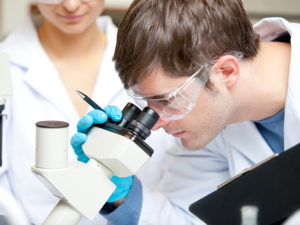 Adolescent mice that were given high-caffeine energy drinks were not more likely than a control group to drink more alcohol when given the opportunity as adults. However, when those same mice were also given the mixture of alcohol and caffeine, they showed physical and neurological signs similar to mice given cocaine. With repeated exposure to caffeinated alcohol, the adolescent mice became increasingly more active. Researchers also found increased levels of the protein ΔFosB, which is an indicator of long-term neurological changes.
Adolescent mice that were given high-caffeine energy drinks were not more likely than a control group to drink more alcohol when given the opportunity as adults. However, when those same mice were also given the mixture of alcohol and caffeine, they showed physical and neurological signs similar to mice given cocaine. With repeated exposure to caffeinated alcohol, the adolescent mice became increasingly more active. Researchers also found increased levels of the protein ΔFosB, which is an indicator of long-term neurological changes.
“It seems the two substances together push them over a limit that causes changes in their behavior and changes the neurochemistry in their brains,” said lead researcher Richard van Rijn in a Purdue University press release. “We’re clearly seeing effects of the combined drinks that we would not see if drinking one or the other.”[6]
The Effects of Mixing Alcohol and Energy Drinks
Both alcohol and energy drinks come with their own set of hazards when drank alone; when they are consumed together, industry experts almost unanimously agree that the combination is exponentially more toxic. Alcohol acts as a depressant. Energy drinks act as stimulants. When combined, the mixture can cause people to be what experts have termed “wide-awake drunk.”
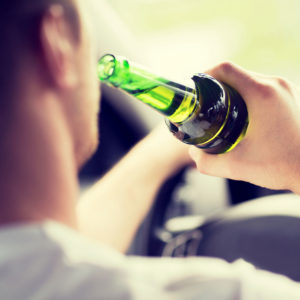 Essentially this means that people will have the same blood-alcohol-content level as they would’ve had without the energy drink, but the stimulant effect makes them feel more sober. Mixing alcohol and energy drinks leads to more binge drinking because of the sobering effects of energy drinks, leading to a higher potential for extreme inebriation, alcohol poisoning, hospitalization and risk-taking behaviors.[3]
Essentially this means that people will have the same blood-alcohol-content level as they would’ve had without the energy drink, but the stimulant effect makes them feel more sober. Mixing alcohol and energy drinks leads to more binge drinking because of the sobering effects of energy drinks, leading to a higher potential for extreme inebriation, alcohol poisoning, hospitalization and risk-taking behaviors.[3]
Early on in the fad of mixing alcohol and energy drinks, the standard practice often was to use the energy drink as a chaser following a shot. However, the market has since grown and now features premixed alcoholic energy drinks. Most of these beverages come in 12-20 ounce cans and most frequently include a mixture of alcohol, caffeine, ginseng, taurine and other stimulants.[7] Additionally, these caffeinated alcoholic beverages are often more potent than traditional beer, containing anywhere from 5-to-12 percent alcohol content. The amount of caffeine is often unreported.[2]
While drinking alcohol and energy drinks is not a recommended practice, be sure to follow these steps should you choose to do so:[8]
Keep track of how much you’re drinking: The main problem with mixing is that the caffeine will trick you into believing you’re more sober than you actually are. Try and keep tabs on how much you’re drinking.
Eat food: A full stomach helps slow down the rate of alcohol absorption in the body and will add time in between drinks. Try to fill up on pasta, potatoes and other starchy foods before and during your night of drinking.
Check caffeine, sugar and caloric content: High amounts of sugar, caffeine and calories can have negative effects on your health, in addition to the damage caused by potential binge drinking. Try to be mindful of what’s in your drink and remain below your daily intake levels.
Watch your friends: Mixing alcohol and energy drinks makes people more likely to take risks. Be sure to watch out for your friends.
Learn More About the Dangers of Drinking
The addiction care professionals, mental health experts and research team at Unity Behavioral Health are constantly working to remain up-to-date with information about the hazards of substance abuse. We do this to better equip ourselves to provide the world-class treatment experience our patients expect and deserve. Whether you’re thinking of checking into rehab, struggling in recovery or worried about the substance abusing habits of a loved one, we are here to help.
Our mission is to work with patients and their families to achieve sobriety together. Our services include psychological assessments and treatments, life-skills training, relapse prevention education, engaging therapies, a medically supervised detox and much more. We invite you to learn more by contacting us today at 561-708-5295.
- www.naturalproductsinsider.com/news/2013/02/energy-drink-sales-will-skyrocket-to-21-billion-b.aspx
- www.cdc.gov/alcohol/fact-sheets/caffeine-and-alcohol.htm
- alcoholjustice.org/images/stories/pdfs/energydrinks_and_intoxication.pdf
- www.ncbi.nlm.nih.gov/pubmed/18439201
- time.com/3677044/alcohol-energy-drinks/
- www.purdue.edu/newsroom/releases/2016/Q4/mixing-energy-drinks,-alcohol-may-affect-adolescent-brains-like-cocaine.html
- www.csuchico.edu/shs/health_education/alcohol_energy.shtml
- www.drinkaware.co.uk/alcohol-facts/health-effects-of-alcohol/effects-on-the-body/alcohol-and-energy-drinks/
Get Help Now
Speak to one of our experienced and caring representatives at Unity Behavioral Health to learn about how our rehab programs can help your loved one defeat addiction.
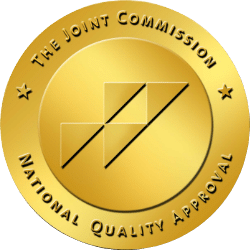 HELPLINE : 561-708-5295
HELPLINE : 561-708-5295
